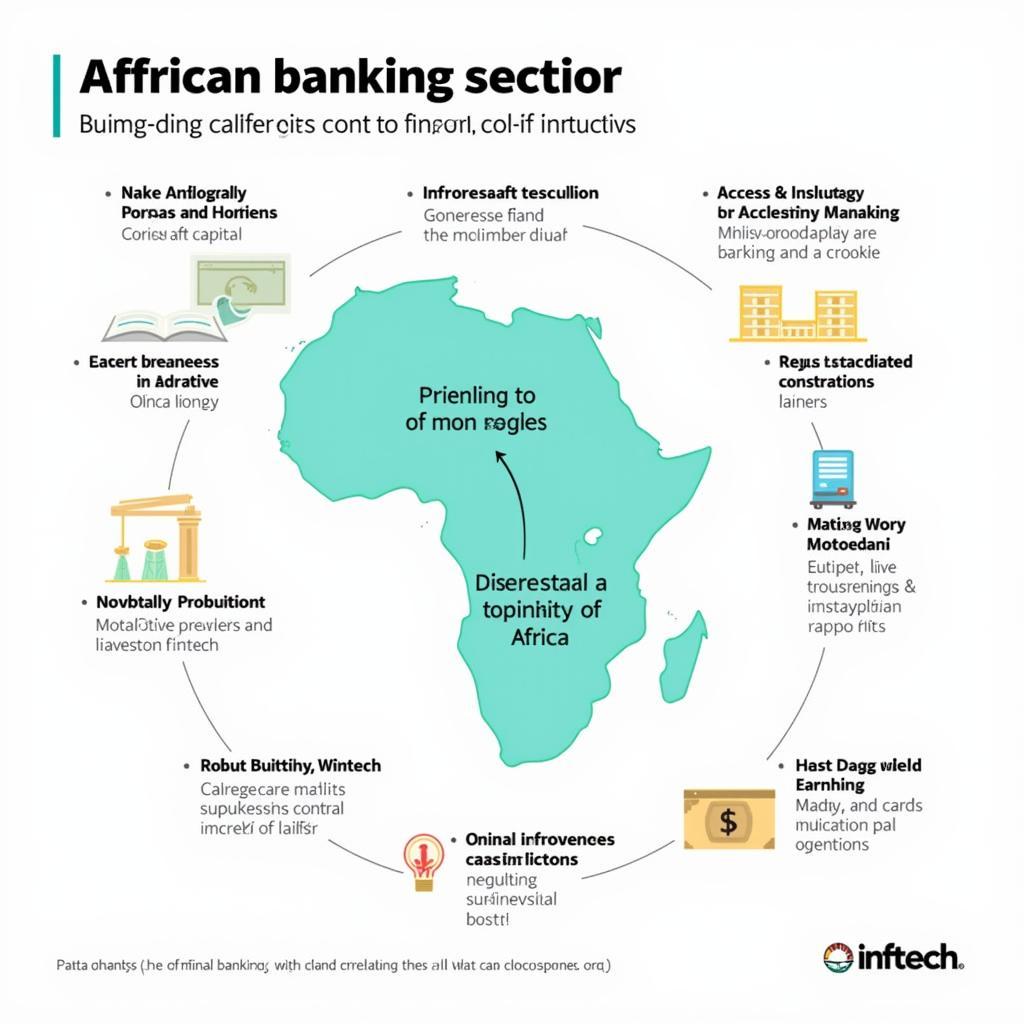African Bank Case Study: A Deep Dive into Successes and Challenges
African Bank Case Study analysis offers valuable insights into the dynamic financial landscape of the continent. This article explores various facets of African banking, from its historical evolution to contemporary challenges and opportunities, using specific case studies to illustrate key themes. We delve into the unique socio-economic context of African banking, examining its role in development, financial inclusion, and technological innovation.
Following the global financial crisis, the banking sector in many African countries demonstrated resilience and growth, attracting significant attention from international investors. This period saw increased competition, innovation in product development, and a greater focus on financial inclusion, particularly through mobile banking. However, challenges remain, including regulatory frameworks, infrastructure limitations, and access to capital. Examining these issues through real-world examples offers a clearer understanding of the complexities and potential of African banking. Understanding these dynamics is essential for investors, policymakers, and anyone interested in the economic future of Africa. Let’s explore the intricacies of this evolving landscape together.
The Role of Development Finance in African Banking
African Development Bank, The Knowledge Broker Case Study highlights the critical role development finance institutions play in shaping the African banking landscape. These institutions provide crucial funding and technical assistance to support economic growth and poverty reduction across the continent. Their investments often focus on infrastructure development, sustainable agriculture, and promoting private sector growth. This ultimately strengthens the financial sector by fostering a stable environment for banks to operate in and by increasing access to financial services for individuals and businesses.
African Development Bank, The Knowledge Broker Case Study
 African Development Bank Supporting Infrastructure Projects
African Development Bank Supporting Infrastructure Projects
Financial Inclusion and Mobile Banking: A Revolution in Access
The rise of mobile banking has revolutionized financial inclusion across Africa. By leveraging mobile technology, banks are able to reach previously underserved populations, particularly in rural areas. This provides access to basic financial services, such as savings accounts, money transfers, and microloans, empowering individuals and fostering economic activity. The success of mobile banking in Africa demonstrates the power of innovation in addressing long-standing challenges and driving financial inclusion.
What are the key drivers of mobile banking success in Africa?
Mobile banking’s success in Africa can be attributed to several factors, including widespread mobile phone penetration, innovative mobile money platforms, and collaborative partnerships between banks, telecom operators, and regulators.
Navigating Regulatory Frameworks and Risk Management
Effective regulation is essential for a stable and thriving banking sector. African banking operates within a diverse range of regulatory frameworks, often adapted from international best practices but tailored to the specific context of each country. These frameworks address issues such as capital adequacy, risk management, and consumer protection. Understanding these regulations is crucial for banks to operate effectively and maintain investor confidence.
“Robust regulatory frameworks are critical for promoting stability and attracting foreign investment in the African banking sector,” states Dr. Adebayo Olajide, a leading financial expert specializing in African markets. This view underscores the importance of regulatory oversight in shaping the industry’s future.
Challenges and Opportunities: Looking Ahead
While the African banking sector presents numerous opportunities, it also faces significant challenges. Access to capital, especially for small and medium-sized enterprises (SMEs), remains a persistent constraint. Infrastructure limitations, particularly in terms of internet connectivity and reliable power supply, can hinder the adoption of new technologies. Furthermore, addressing skills gaps and developing local talent is crucial for sustainable growth.
African Countries Alphabetical Order Capitals
 African Banking Sector: Challenges and Opportunities
African Banking Sector: Challenges and Opportunities
Conclusion
The African bank case study reveals a vibrant and evolving financial landscape. Despite the challenges, the sector continues to demonstrate resilience, innovation, and a strong growth trajectory. Understanding the complexities of this market is crucial for stakeholders seeking to contribute to and benefit from its development.
FAQ
- What are the key drivers of growth in the African banking sector?
- How has mobile banking impacted financial inclusion in Africa?
- What are the main challenges facing African banks?
- What role do development finance institutions play in African banking?
- How can the regulatory environment be improved to support the growth of African banks?
- What are the opportunities for foreign investment in the African banking sector?
- How can technology further transform the African banking landscape?
Need further assistance? Contact us at Phone: +255768904061, Email: [email protected] or visit us at Mbarali DC Mawindi, Kangaga, Tanzania. Our customer service team is available 24/7.

